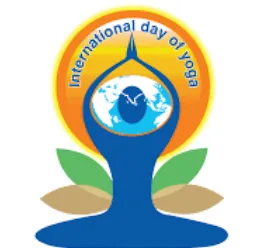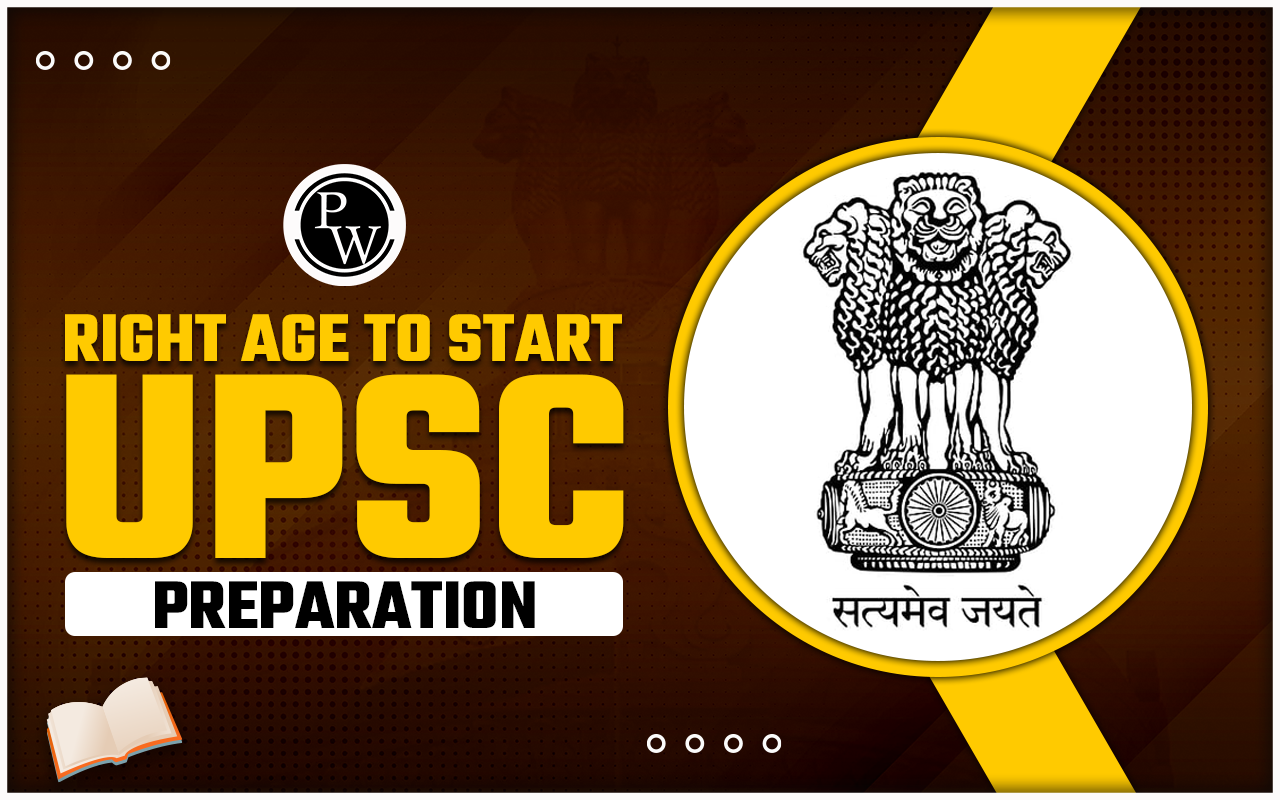
The International Day of Yoga (IDY) 2025 will mark the 11th annual celebration of this global event. To celebrate this event and achieve the goal of health through yoga, PM Narendra Modi has announced the theme ‘Yoga for One Earth, One Health’.
Observed on June 21st each year, this World Yoga Day promotes the benefits of yoga for physical and mental well-being. As Yoga evolved into a worldwide movement, encouraging a balanced lifestyle, People from different countries will participate in mass yoga sessions, workshops, and awareness campaigns to mark the 11th International Yoga Day.
International Day of Yoga 2025
The International Day of Yoga was proposed to improve overall health and create global harmony in 2014. The UN General Assembly adopted the resolution with overwhelming support, making June 21st the official day to celebrate yoga worldwide.
In 2025, the event will include large-scale yoga demonstrations, expert-led sessions, and awareness campaigns promoting holistic wellness. Across India and the world, various institutions, schools, and organizations will host yoga-related programs to spread awareness.
| International Day of Yoga 2025 - Overview | |
| Date | June 21, 2025 |
| Theme | "Yoga for One Earth, One Health" |
| Origin | Proposed by PM Narendra Modi at the UNGA in 2014 |
| First Celebration | June 21, 2015 |
| Significance | Promotes physical, mental, and spiritual well-being; fosters global unity and awareness of yoga's benefits. |
| Key Events | Yogamahotsav, Yoga Sangama, Yoga Bandhan, Yoga Maha Kumbh |
| Global Participation | Mass yoga sessions, workshops, online campaigns, and cultural events worldwide. |
International Yoga Day 2025 Theme
The International Yoga Day 2025 theme in India will be "Yoga for One Earth, One Health." This theme highlights yoga’s role in building a healthy life and a sustainable environment. It connects the practice of yoga with overall well-being, emphasizing that individual health is interconnected with planetary health. The theme aligns with global efforts to promote sustainable living, mental well-being, and stress-free lifestyles.
International Yoga Day 2025 Venue
The main celebration for International Yoga Day 2025 will take place at Chhatrasal Stadium in North Delhi, where about 10,000 people will join in practicing yoga. Around 5,000 volunteers from Bharatiya Yog Sansthan will assist with the event. In addition, yoga sessions will also be held at 11 other venues across Delhi, each welcoming nearly 1,000 participants. Other notable events will also be taking place globally.
International Yoga Day 2025 Logo
The official logo for International Yoga Day is known worldwide and represents the unity of mind, body, and nature through yoga. For International Yoga Day 2025, there is no new logo has been announced, so the existing logo will continue to be used. It usually shows a human figure in a yoga pose, along with symbols of the sun and earth, highlighting health and harmony with nature.

Yoga Connect 2025
The Ministry of Ayush will organize a global summit called ‘Yoga Connect’ on 14th June 2025 at Vigyan Bhawan, New Delhi, as part of the lead-up to the 11th International Day of Yoga. Coordinated by CCRYN, the event will follow a hybrid format with over 1,000 participants attending in person and many more joining online. Experts from countries like the USA, UK, Bahrain, and South Korea will take part. A key moment of the summit will be the release of the ‘Yoga Prabhava’ report, highlighting the impact of Yoga Day over the past decade. Other major releases include a yoga impact e-book, a research analysis report, and a booklet on native Indian trees.
International Yoga Day 2025: 10 Signature Events
To celebrate International Yoga Day 2025, ten unique key events be organized to showcase different aspects of yoga and its benefits:
Credit: Ministry of Ayush Newsletter
History of International Day of Yoga
The International Day of Yoga was officially recognized by the United Nations in 2014 after India proposed its observance. The idea was presented by Prime Minister Narendra Modi, emphasizing yoga’s cultural and health benefits. The resolution was co-sponsored by 177 nations and later June 21st was officially declared as IDY on December 11, 2014.
Since its first celebration in 2015, Yoga Day has grown in scale each year. Governments, non-profits, and yoga institutions actively promote the event through workshops, campaigns, and large public gatherings.
History of Yoga
Yoga is an ancient practice originating in India, which integrates physical, mental, and spiritual disciplines. Yoga history is estimated to have originated over 5,000 years ago. The word "Yoga" derives from the Sanskrit root "Yuj," meaning to join or unite. It is rooted in the Indus Saraswati Valley civilization and was systematized by Sage Patanjali, the father of Yoga, through his Yoga Sutras.
Credit: yoga.ayush.gov.in
The practice evolved over centuries, giving rise to different schools of yoga. Key figures like Buddha and Mahavir also contributed significantly to its development. From a spiritual discipline, yoga transitioned into a globally recognized wellness practice. Today, it is widely followed for its physical, mental, and emotional benefits.
Types of Yoga
There are several types of Yoga, each focusing on different aspects of physical, mental, and spiritual development. The four main types include:
-
Karma Yoga: The yoga of selfless action. It involves performing duties and acts of kindness without attachment to the results, promoting a sense of humility and service to others.
-
Bhakti Yoga: The path of devotion and love towards a higher power. It emphasizes surrendering to the divine through prayer, chants, and rituals, cultivating a deep sense of love and devotion.
-
Gyana Yoga: The yoga of knowledge and wisdom. It involves the study of sacred texts, self-inquiry, and meditation to attain a deeper understanding of the true nature of the self.
-
Kriya Yoga: A form of Yoga that emphasizes the use of specific techniques to accelerate spiritual growth and direct the flow of energy within the body.
Yoga Diplomacy
Yoga diplomacy means using yoga as a tool for promoting peace, cultural exchange, and international cooperation. It leverages yoga's universal appeal to transcend political and cultural boundaries, promoting mutual understanding and respect among nations. Through the International Day of Yoga, India promotes its cultural heritage and strengthens its soft power.
PM Yoga Awards 2025
The Prime Minister’s Yoga Awards honor outstanding contributions in promoting yoga. These awards recognize individuals and institutions that have played a significant role in spreading yoga’s benefits. PM Yoga Awards are given annually, coinciding with the International Day of Yoga on June 21st in four categories:
-
National Individual
-
National Organization
-
International Individual
-
International Organization
The 2025 awards will celebrate achievements in innovation, research, and community engagement related to yoga. Each award will include a Trophy, Certificate, and a ₹25 lakh Cash Award.
Importance of International Day of Yoga 2025
The significance of International Yoga Day extends beyond physical exercise. It promotes mindfulness, stress management, and a healthier lifestyle. Some key benefits of celebrating Yoga Day include:
-
Raising awareness about yoga’s health benefits.
-
Encouraging individuals to adopt yoga as a daily practice.
-
Strengthening India's cultural heritage on a global platform.
-
Supporting sustainable and holistic well-being.
In conclusion, the International Day of Yoga 2025 will be a landmark celebration, reinforcing yoga’s role in global well-being. With the theme "Yoga for One Earth, One Health," this year’s event will emphasize the connection between human health and environmental sustainability.
To learn more about India’s culture and important events, explore PW UPSC Courses!
International Day of Yoga 2025 FAQs
What is International Day of Yoga?
What is the theme for International Yoga Day 2025?
Why is International Yoga Day celebrated on June 21st?
What is Yoga Diplomacy?
Who is the father of Yoga?










